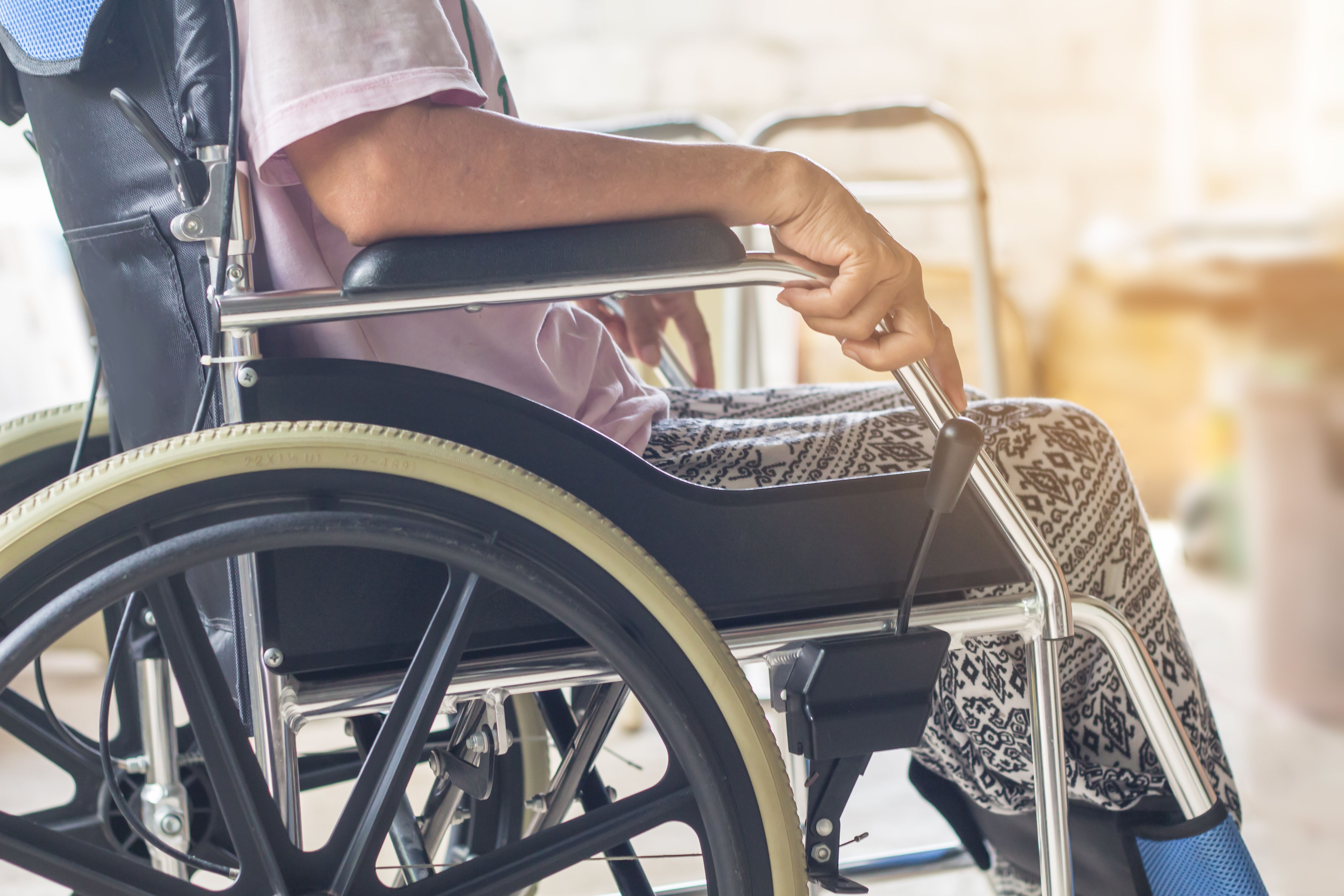
Menopause
Latest News
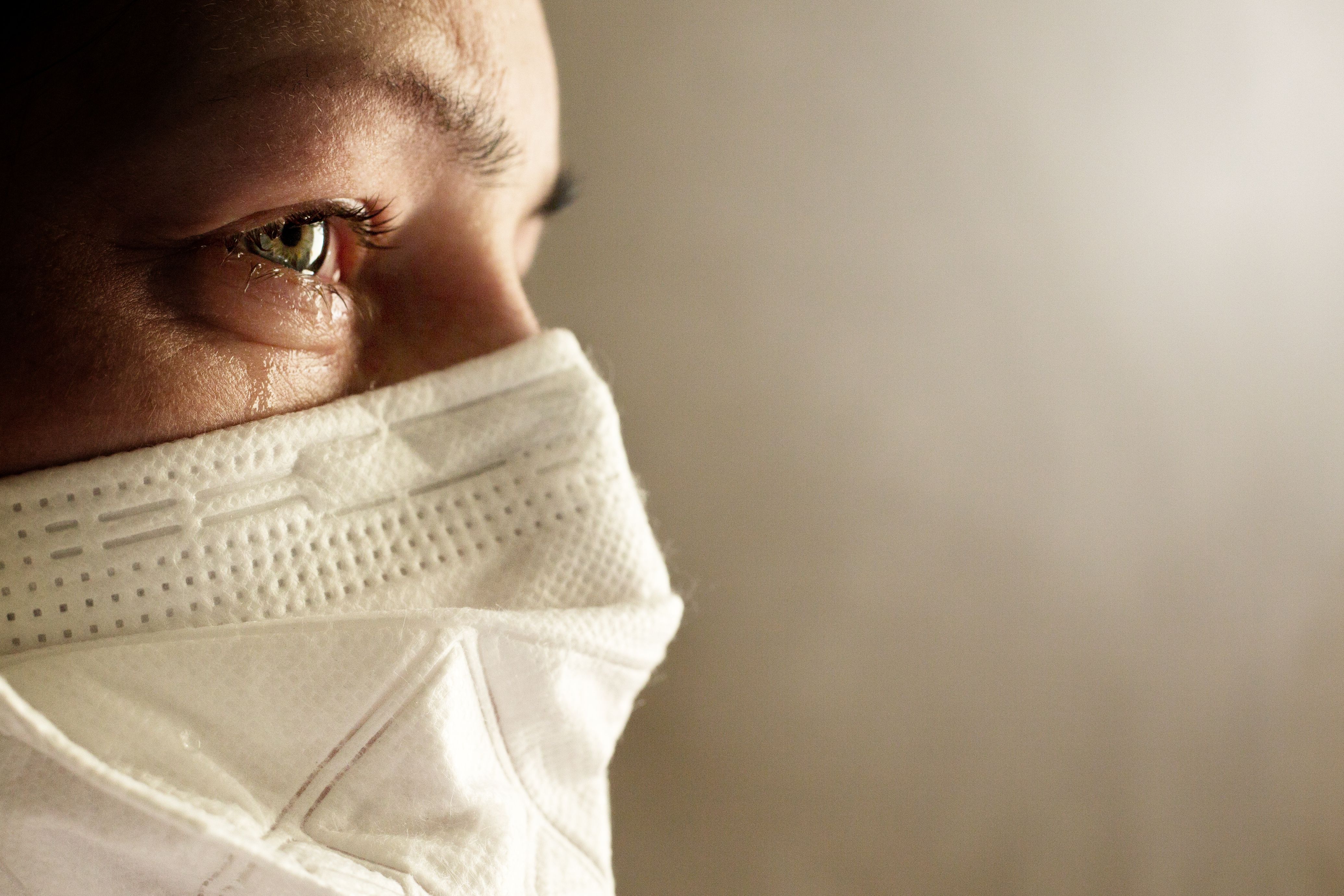
Latest Videos

CME Content
More News
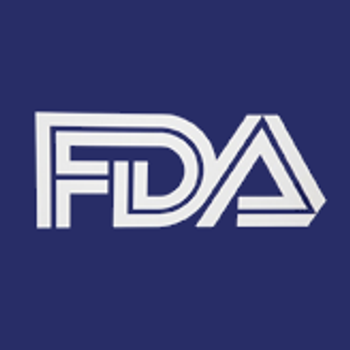
The FDA has added a boxed warning for fezolinetant (VEOZAH; Astellas), highlighting the rare occurrence of serious liver injury in patients taking the menopause treatment.

Weak handgrip strength may predict diabetes risk in postmenopausal women, highlighting the importance of muscle strength in diabetes prevention.

Discover how fezolinetant offers a safe, effective, and targeted solution for hot flashes, revolutionizing menopause care for women who can’t or won’t use hormones.

In a recent study, an inverse relationship was discovered between anti-Müllerian hormone levels and early menopause, highlighting the need to develop interventions for fertility preservation based on genetics.

Review some of the top stories from the Contemporary OB/GYN website over the last week, and catch up on anything you may have missed.
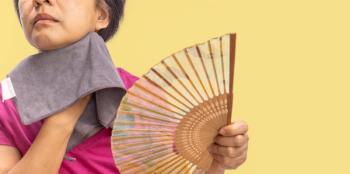
In a recent study, menopausal women with frequent and time-consistent vasomotor symptoms were more likely to develop diabetes than those with reduced vasomotor symptoms.

Rossella Nappi, MD, PhD, highlights how fezolinetant rapidly reduces the severity and frequency of hot flashes, offering a personalized, non-hormonal solution for menopausal women.

Women experiencing menopause later in life may face an increased risk of asthma, according to recent research highlighting the impact of hormone levels on respiratory health.


The New Drug Application (NDA) acceptance is supported by positive data from 3 clinical trials (OASIS 1, 2, and 3).

In a recent study, postmenopausal women in lower Tertiles of Estradiol concentration experienced an increased prevalence of abdominal aortic calcification.

Review some of the top stories from the Contemporary OB/GYN website over the last week, and catch up on anything you may have missed.
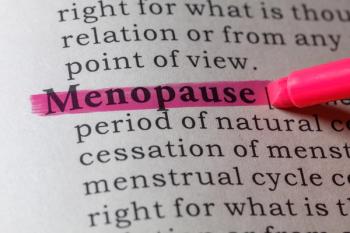
In a recent study, only 22.7% of women had menopause symptoms documented in their electronic health record, highlighting low rates of diagnosis and treatment.

A recent study reveals that localized estrogen treatment significantly improves vaginal atrophy and vaginitis symptoms in postmenopausal women, offering new insights into tailored hormone therapies.

Review some of the top stories from the Contemporary OB/GYN website over the last week, and catch up on anything you may have missed.

New research shows fezolinetant significantly reduces the frequency and severity of hot flashes in Hispanic women, offering a safer alternative to hormone replacement therapy.

A new study highlights gestational hypertension as a significant predictor of cardiovascular disease in menopausal women, challenging previous assumptions about preeclampsia’s role.

PH80 nasal spray shows promise in reducing menopausal hot flashes, offering an effective and safe non-hormonal treatment option.
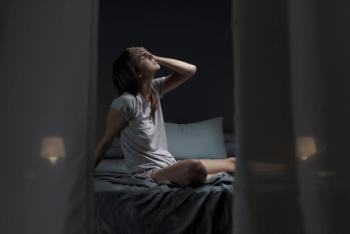
At the 2024 Annual Meeting of The Menopause Society, the positive safety and efficacy data of fezolinetant against sleep disturbances from the SKYLIGHT 1 and 2 trials was presented.
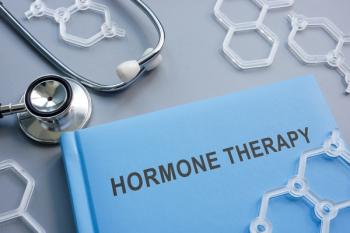
Low rates of hormone therapy use have been reported among midlife women, stagnating after decreases in the immediate aftermath of the Women’s Health Initiative.
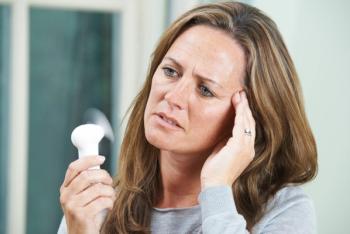
A new study presented at the 2024 Annual Meeting of The Menopause Society shows hormone therapy remains beneficial for women over 65, helping manage menopause symptoms like hot flashes and improving quality of life.

In a recent study presented at the 2024 Annual Meeting of The Menopause Society, insulin resistance was significantly reduced among postmenopausal women receiving hormone therapy vs placebo.

At the 2024 Menopause Society meeting, JoAnn Pinkerton, MD, highlighted phase 3 long-term safety data of elinzanetant from the OASIS 3 trial.

A discussion of vasomotor symptoms and the potential benefits of elinzanetant with Nanette Santoro, MD, from The Menopause Society annual meeting in Chicago, Illinois.

A new study presented at the 2024 Annual Meeting of the Menopause Society found cognitive behavioral therapy can effectively address sexual concerns during menopause, improving overall well-being.



